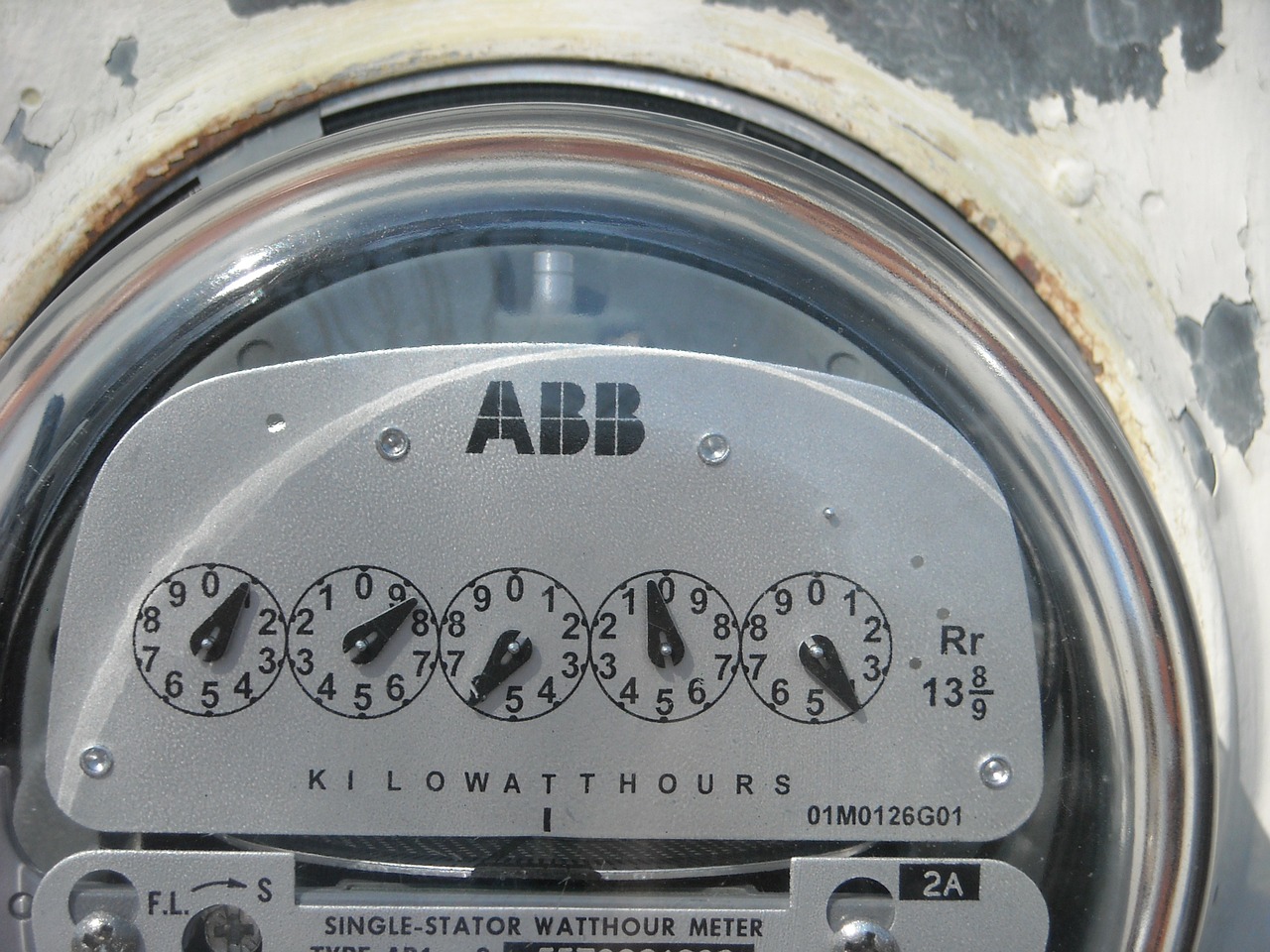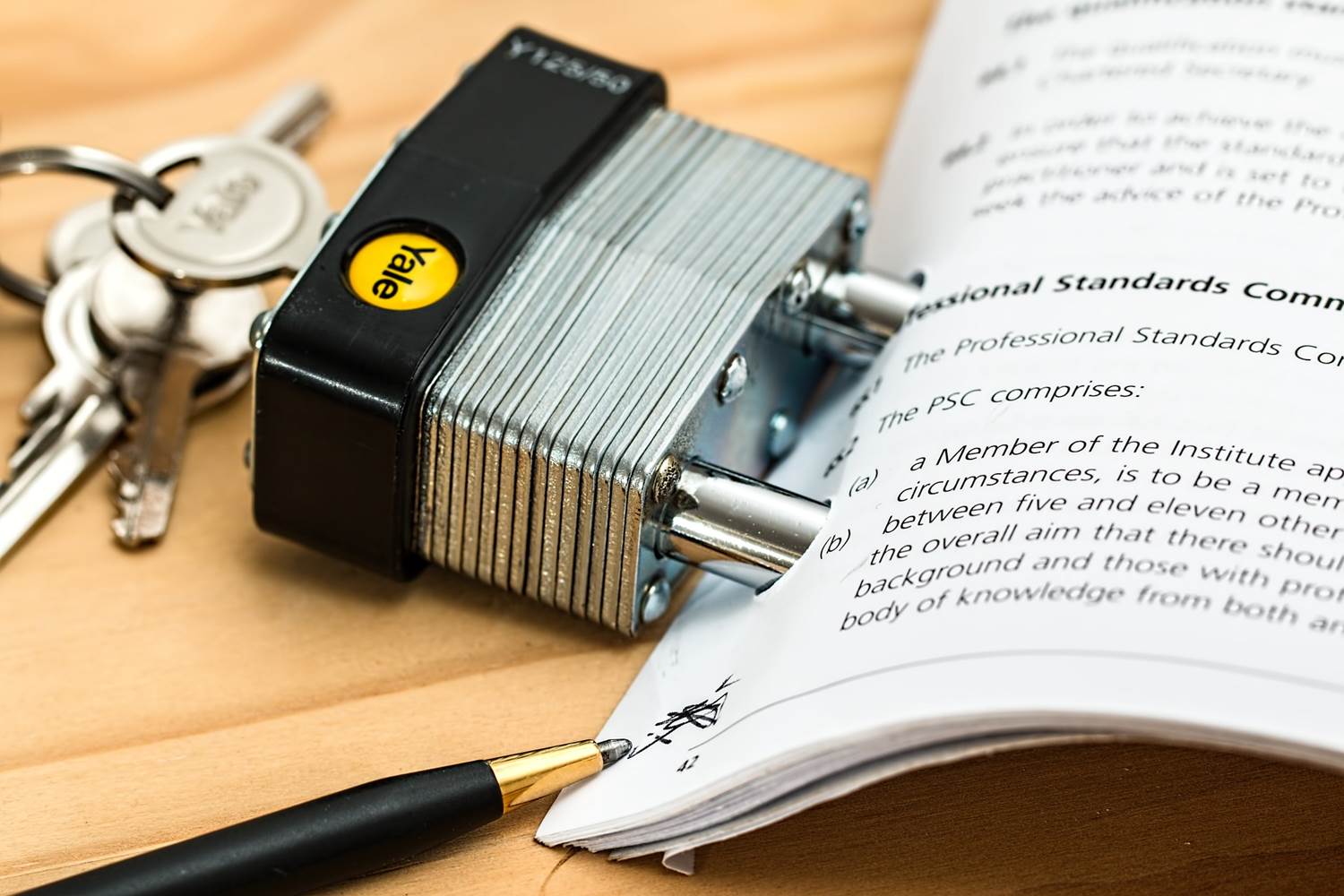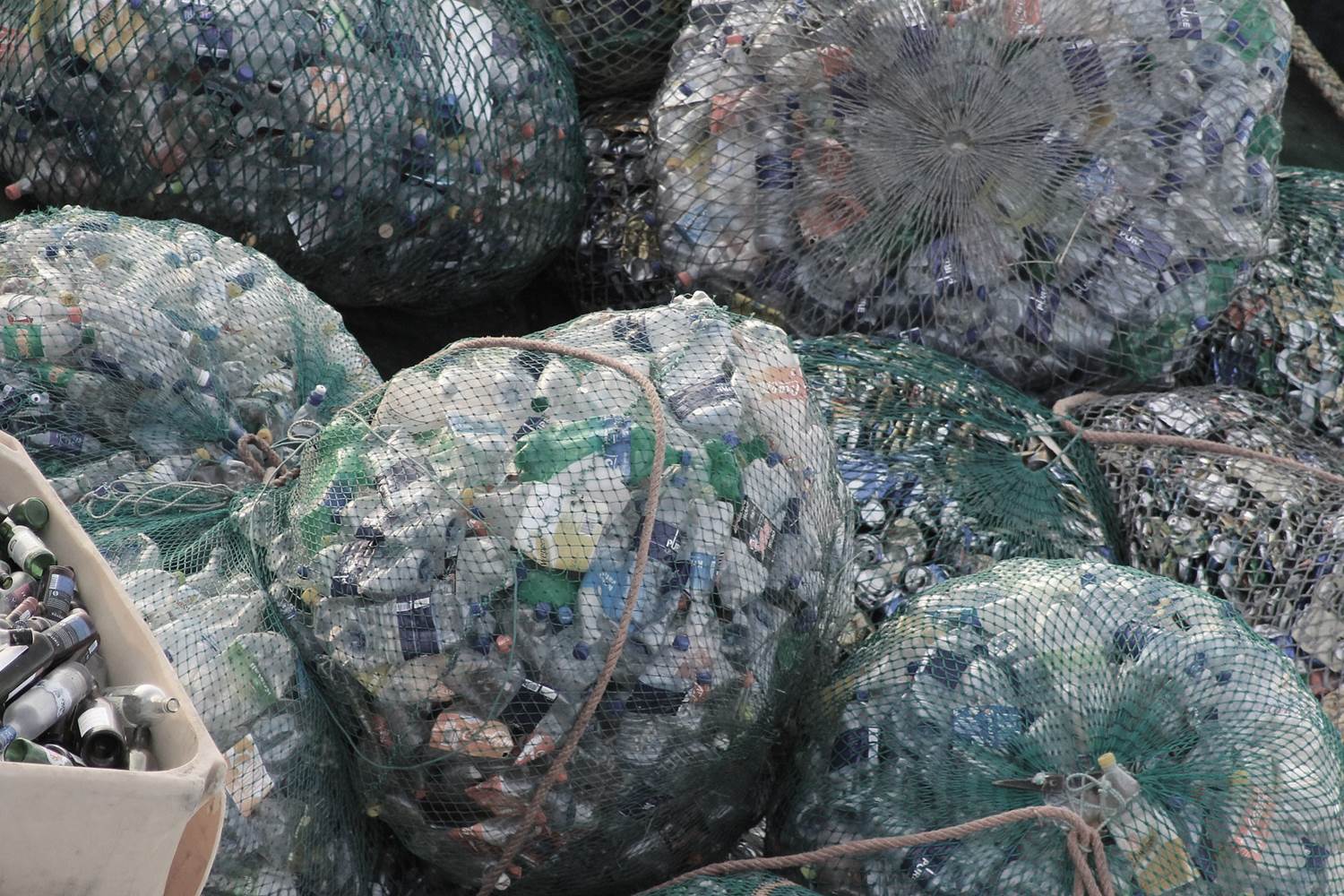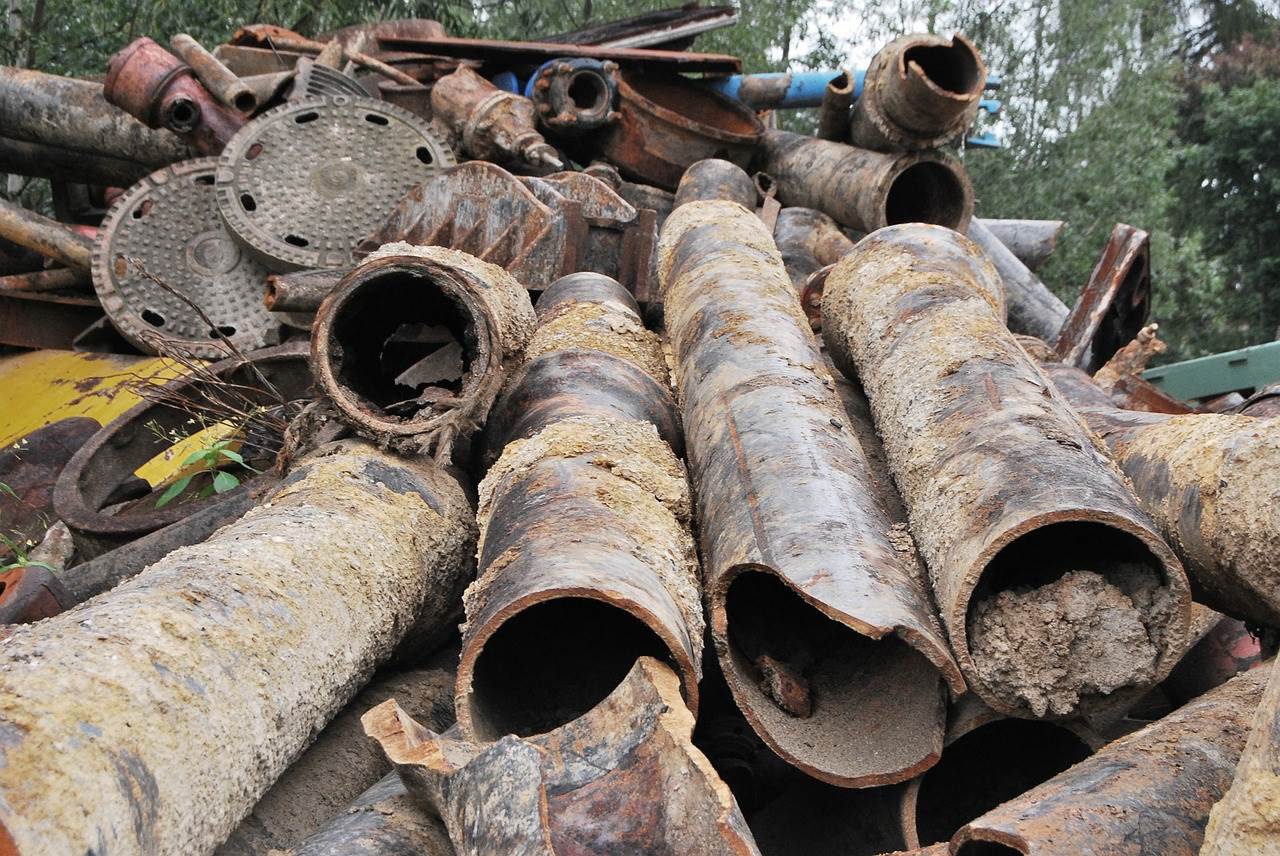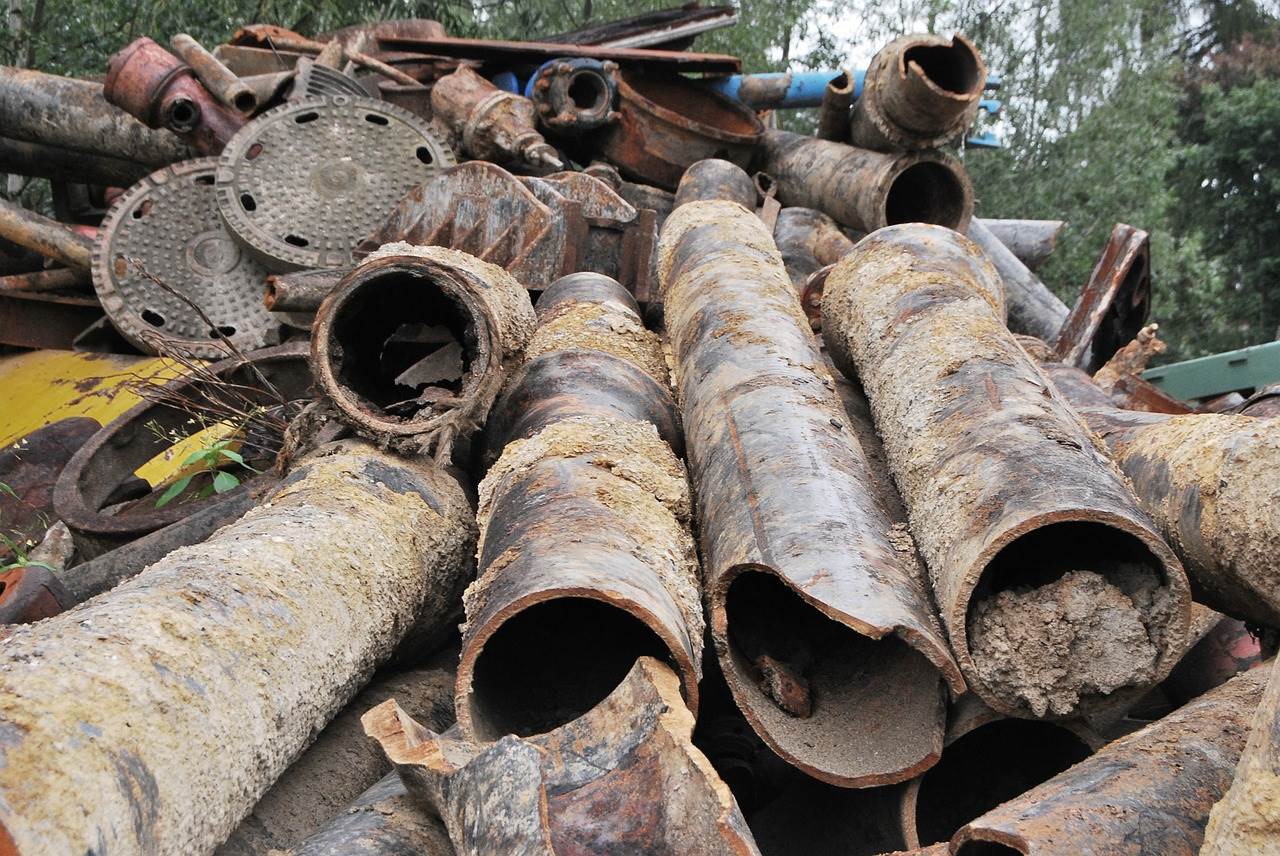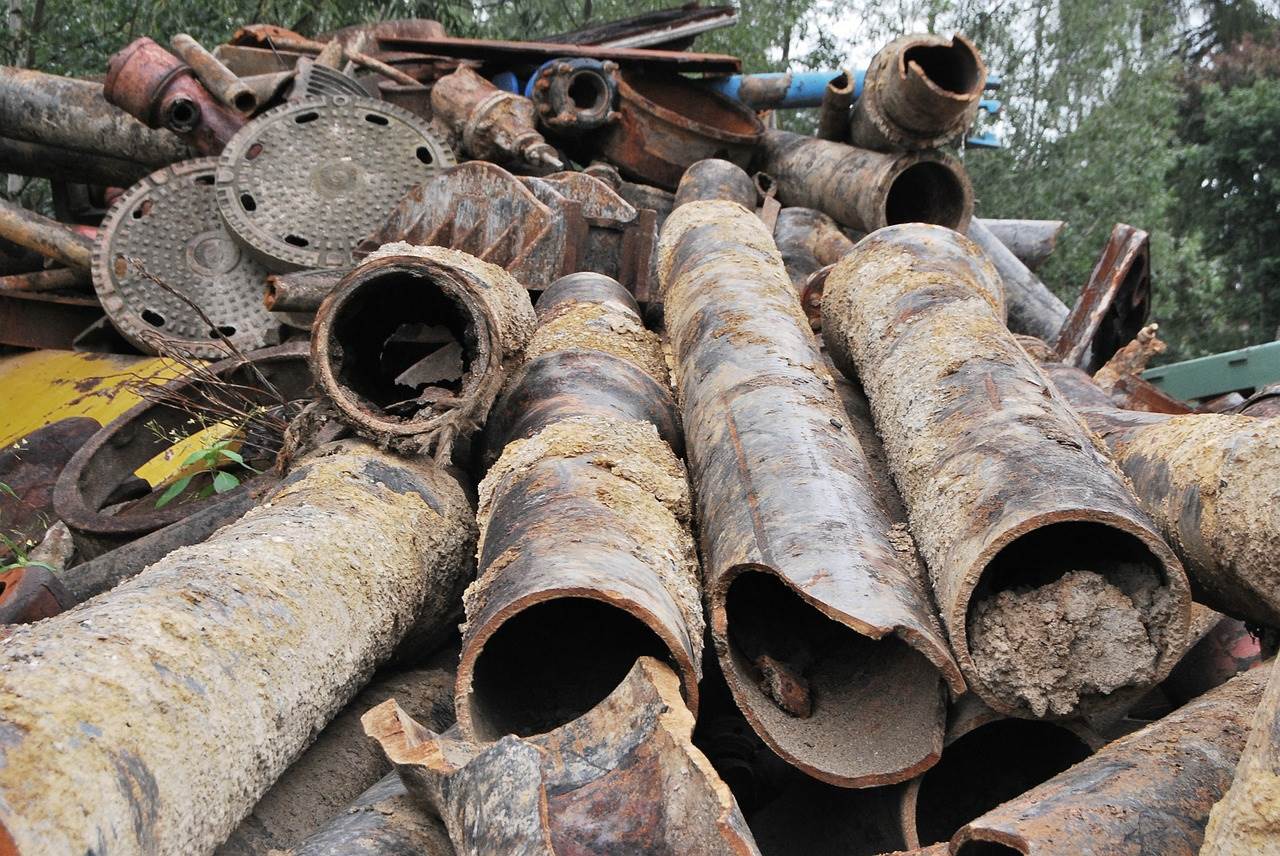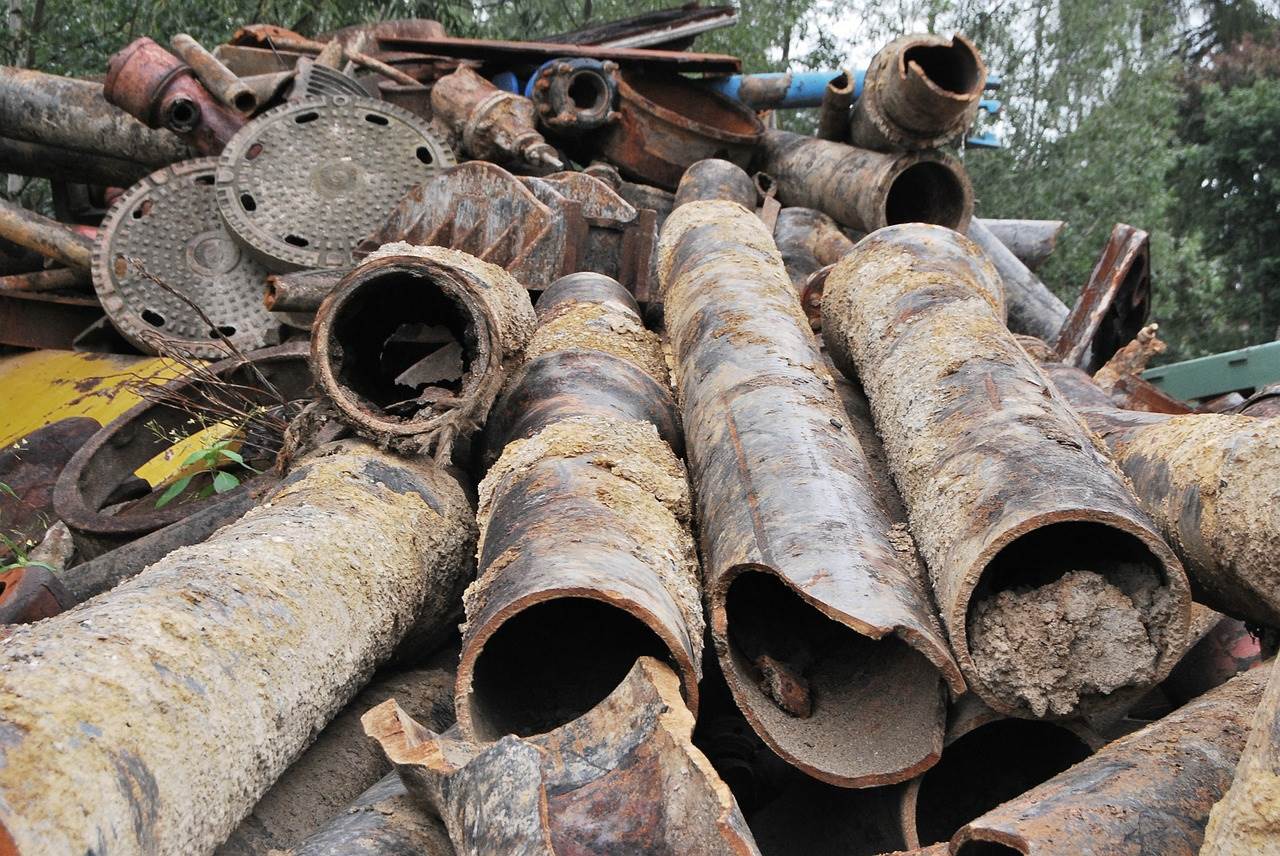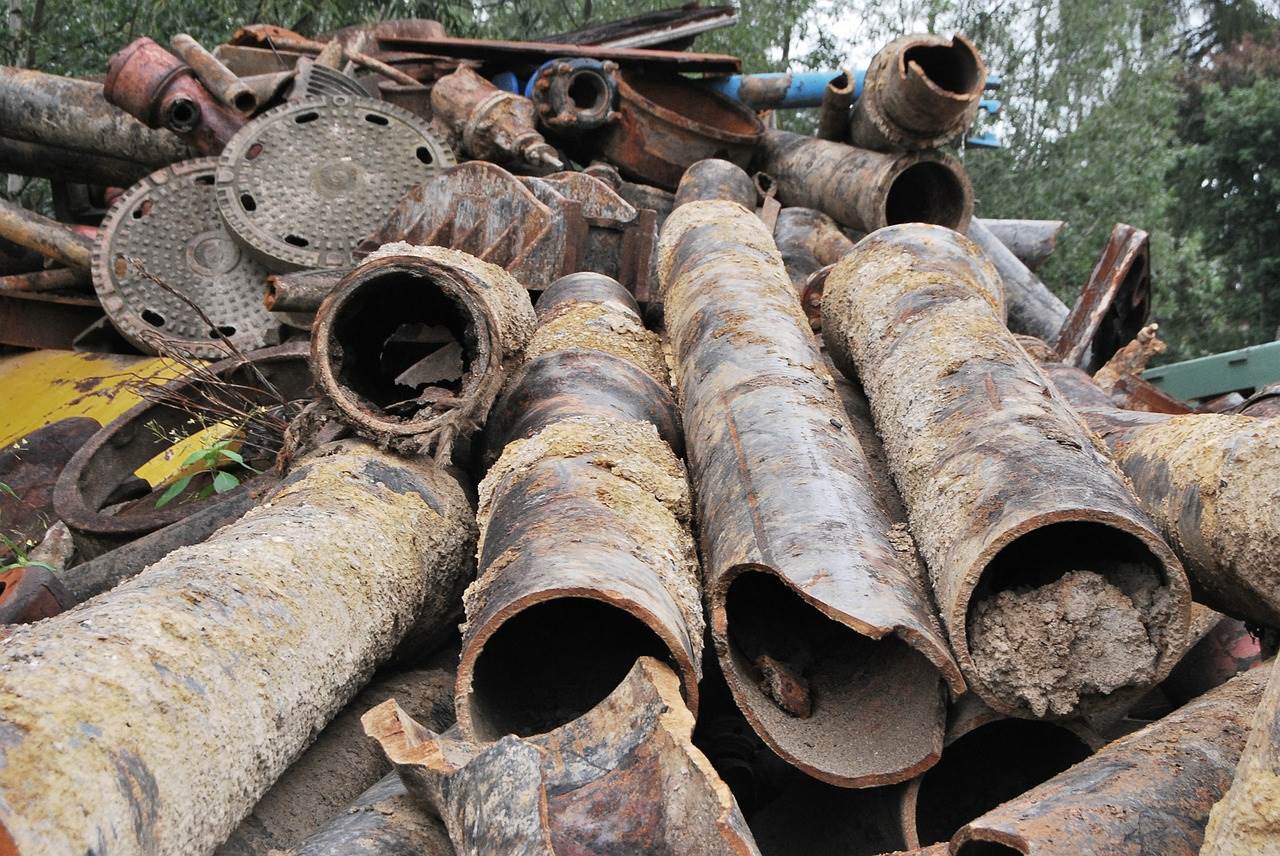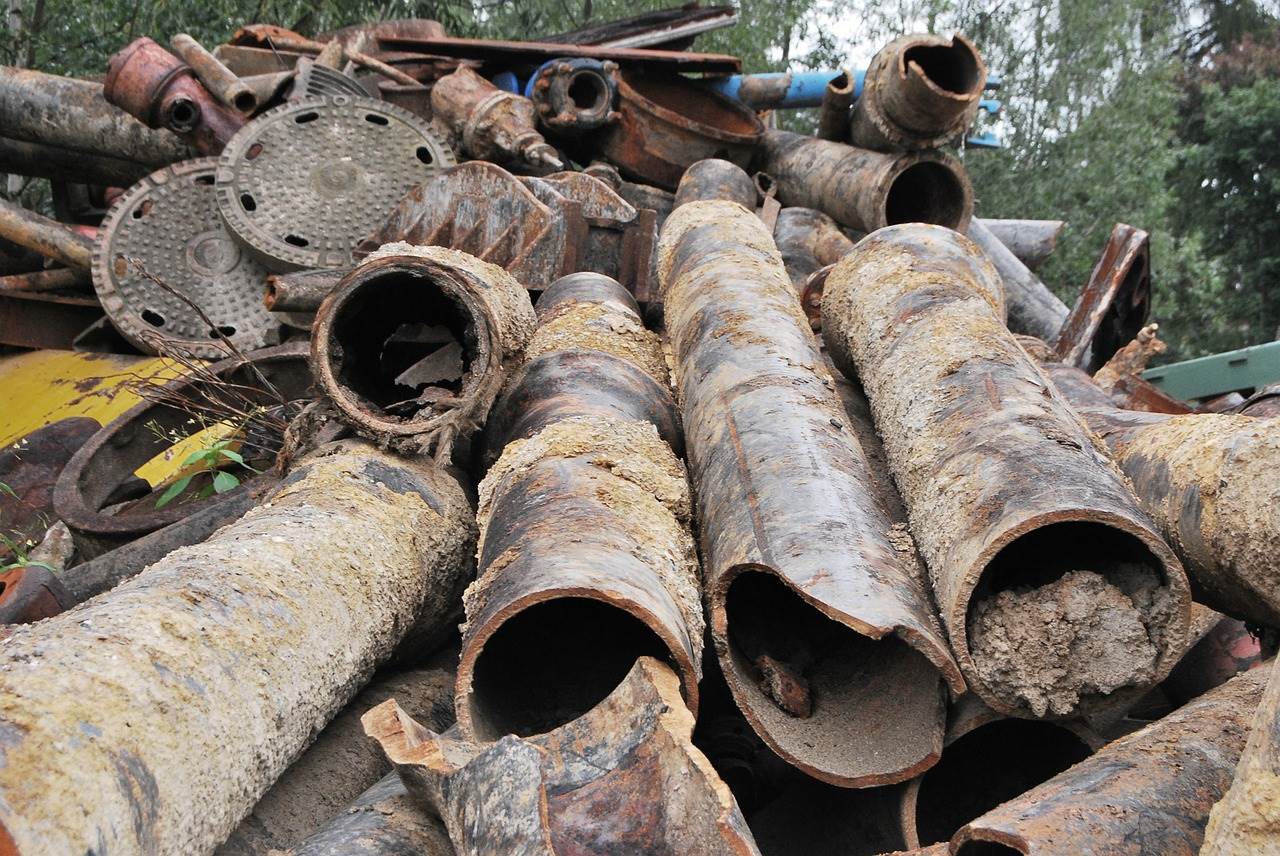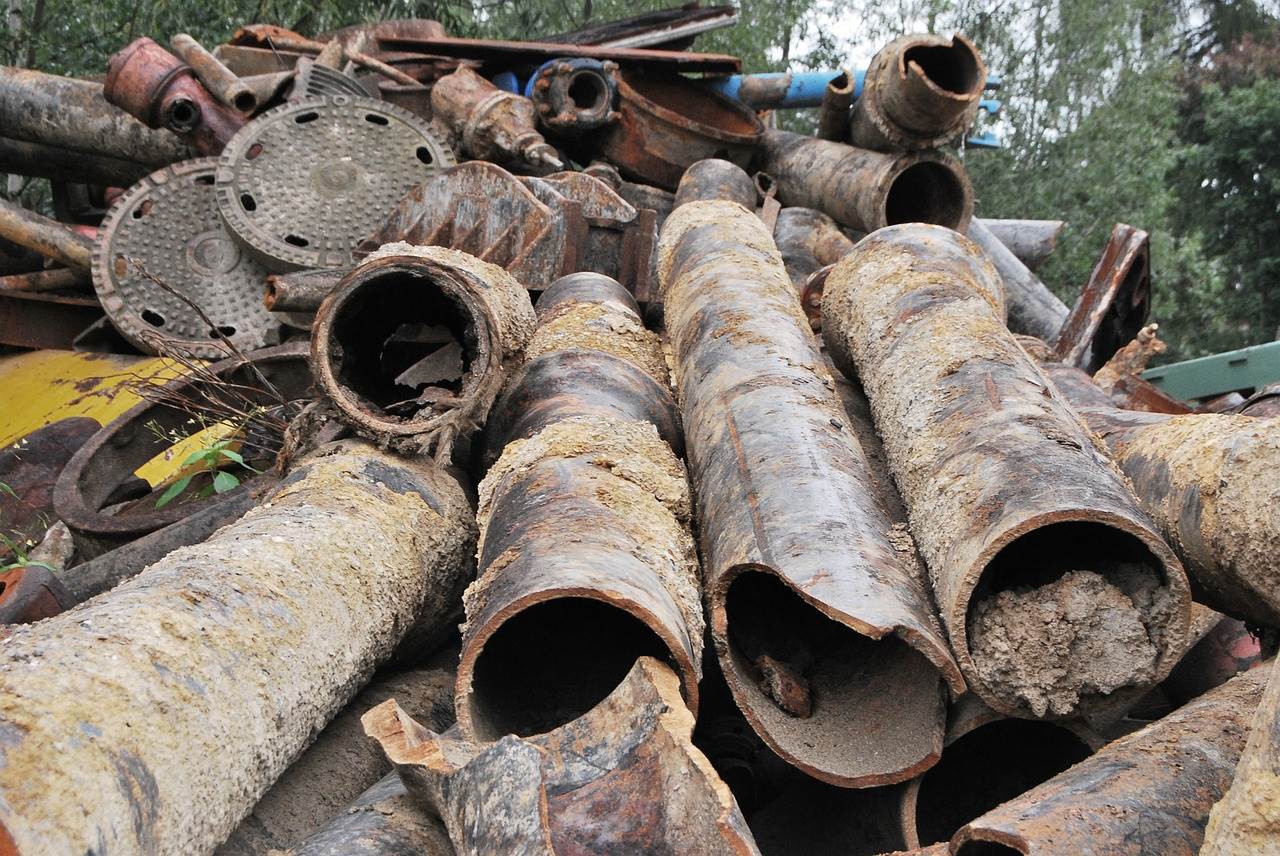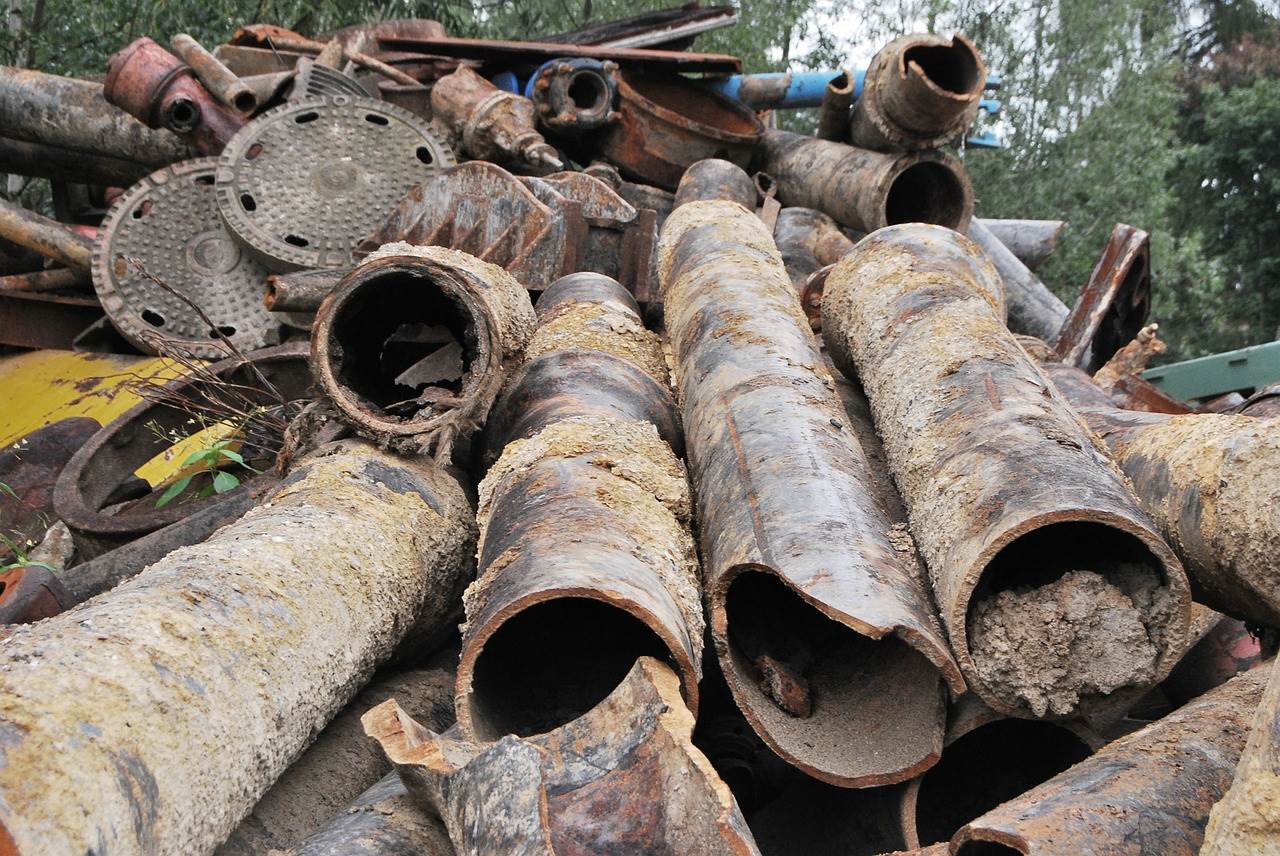
Talking Dirty – An Environmental Blog.
Date: 05/11/2013 | Blogs
Thanks to those of you who have already responded positively to my first venture into the ‘blogisphere’! An overwhelming number of you commented on how well the title of the blog – ‘talking dirty’ – suits me. I am not going to comment on that other than to say that, since it has proven to be so popular, the name will be staying!
I am writing this second blog post from the airport in Brussels after a successful meeting of lawyers from a number of different countries as part of a renewables business initiative which I co-founded and co-chair. Given that the focus of that particular group is ‘clean tech’ it doesn’t really merit further discussion here! However, it got me thinking about international and cross-border issues and, in terms of environmental law, there are many. So I thought I would use this blog to discuss a couple of those issues:
- Probably the most obvious is the fact that the different legal regimes in different countries can have a fairly major effect on transactions and, more importantly, ‘products’ which cross borders. There are differing levels of regulation and control in relation to many items across the globe, such as packaging, fertiliser standards, food and drink and even radioactive waste (which I might ask a new contact who got in touch due to this blog for some input for a future issue!). As well as creating an uncertain/unfair playing field, these differences can produce real economic issues for those countries with more stringent regimes if people simply chose not to do business there as a result (Scotland is one of those countries). There are plenty of international treaties and codes of practice seeking to harmonise some of the regulation but with many countries (particularly in the developing world) lagging behind, it seems unlikely that the disparity will ever be completely removed.
- Pollution incidences which either cause cross-border contamination or occur in areas of uncertain jurisdiction (such as in the middle of the ocean) can be very serious in terms of assigning liability. I’m sure we are all familiar with the well-publicised problems caused by oil spills both in terms of the often catastrophic impact on the environment and wildlife but also in locating the culpable party to pay for the clean-up costs. That is perhaps an extreme example. However, even within the UK, cross-border pollution (for example from an incident polluting a Scottish river which flows into England) can cause problems for environmental authorities seeking to sort the problem out. There is over-arching environmental legislation in the UK which provides some assistance but, in practice, that may not provide a complete solution.
- Finding someone with the necessary expertise to deal with an environmental matter which impacts upon more than one country could also be problematic. To end where I began, that is when groups like Globalaw (the network for which I was in Brussels) come in very handy. If I don’t have the necessary expertise then I will know someone who does!
As always, comments, compliments or criticisms on a postcard (or alternatively on twitter or linked-in)! More next week!












